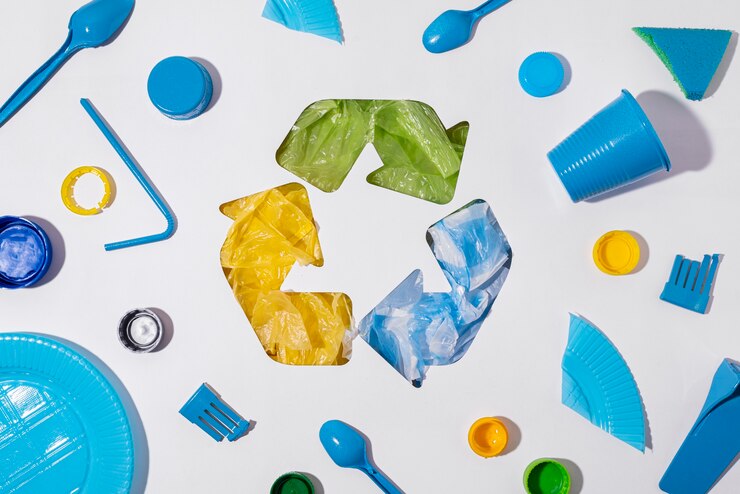Thailand will implement a ban on the import of plastic waste starting in January 2025, a significant move to combat environmental pollution and strengthen its waste management systems. The Ministry of Commerce issued the “Notification of the Ministry of Commerce regarding Designation of Plastic Waste as Prohibited Goods for Import into the Kingdom B.E. 2567 (2024)” on December 16, 2024, which was published in the Government Gazette.
Overview of the Ban
The newly announced ban prohibits the import of plastic waste, marking a major step in Thailand’s broader environmental protection strategy. The regulation comes into effect on January 1, 2025, and is part of the government’s ongoing efforts to reduce the country’s exposure to harmful and non-recyclable waste. The move follows a growing global trend to reduce plastic waste, with many nations tightening regulations to prevent the influx of plastic and other hazardous waste materials from abroad.
Plastic waste has become a serious environmental challenge for Thailand in recent years. The country has been a destination for plastic waste imported from developed nations, particularly after China implemented its own plastic waste ban in 2018. Despite efforts to manage the influx, plastic waste has contributed to pollution, particularly in rivers and oceans, endangering marine life and human health.
Environmental and Economic Impacts
Thailand’s decision to ban plastic waste imports aligns with the government’s broader sustainability goals, aiming to protect natural resources and promote a circular economy. Plastic waste, often too contaminated to be recycled, has strained the country’s waste processing capabilities and contributed to the growing problem of landfill overflow. By halting plastic waste imports, Thailand hopes to reduce pollution and improve waste management systems, focusing on local recycling initiatives and waste diversion practices.
From an economic perspective, the ban may encourage investment in domestic waste management technologies and the recycling industry, creating new jobs and fostering a more sustainable approach to waste disposal. It will also reduce Thailand’s role as a global dumping ground for plastic waste, pushing the country to focus on improving its own environmental practices.
Global Context and Thailand’s Position
This move is part of a wider global effort to curb plastic pollution, which has led to similar actions by other countries. Many nations, including the European Union and the United States, have introduced measures to reduce the export of plastic waste and push for stricter controls on recycling. Thailand’s decision to ban plastic waste imports is also seen as a response to international pressure and growing awareness about the environmental risks associated with plastic.
Thailand has long been a key player in Southeast Asia’s plastic recycling industry, but in recent years, public concern over plastic pollution has intensified. The Thai government’s new regulation reflects its commitment to meeting international environmental standards and reducing its environmental footprint, while aligning with global goals to tackle plastic pollution, such as the United Nations Sustainable Development Goals (SDGs).
Looking Ahead
As Thailand prepares for the ban to take effect, there will likely be an increased focus on improving domestic waste management infrastructure. The country will need to invest in better recycling technologies and systems to handle its growing volume of plastic waste. Additionally, businesses and waste processing companies will need to adapt to these new regulations by enhancing their sustainability practices and focusing on the efficient use of resources.
In conclusion, Thailand’s decision to ban the import of plastic waste is a significant step in reducing plastic pollution and improving environmental sustainability. By addressing the harmful effects of plastic waste, the government is working to protect both the nation’s natural resources and the health of its citizens. The ban will not only help clean up the country’s waste management practices but will also encourage the development of more sustainable systems for handling plastic and other waste materials in the future.
Picture by Freepik

